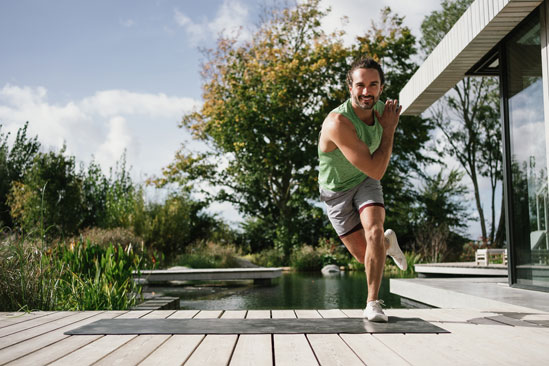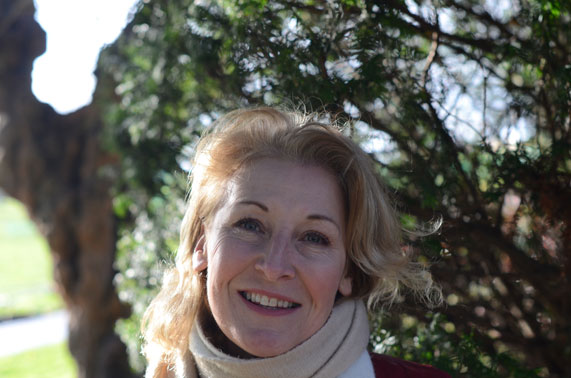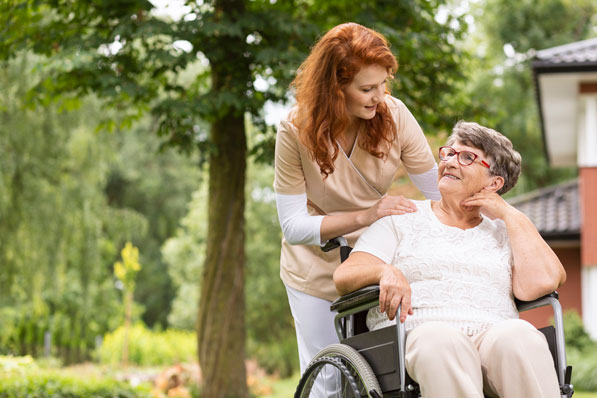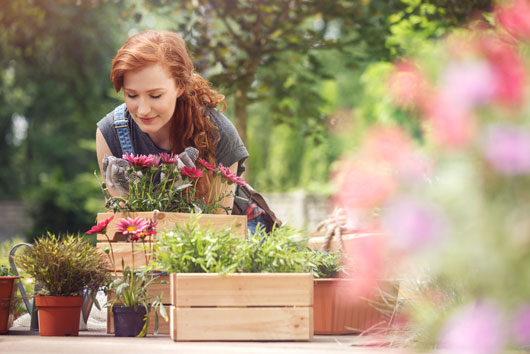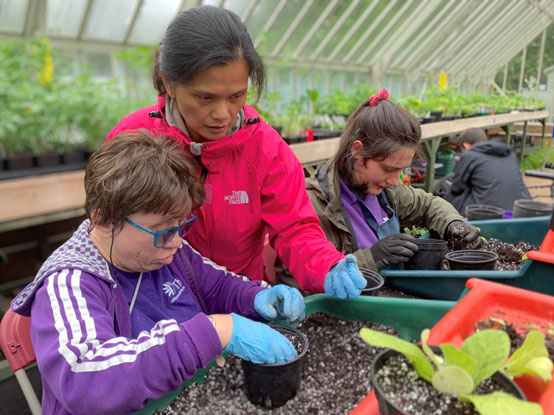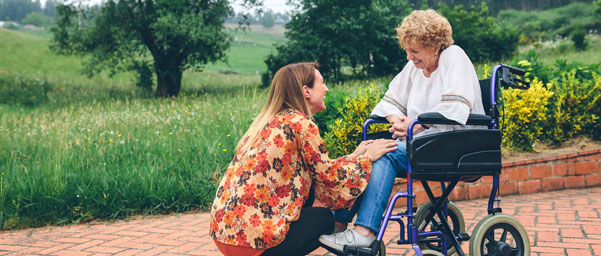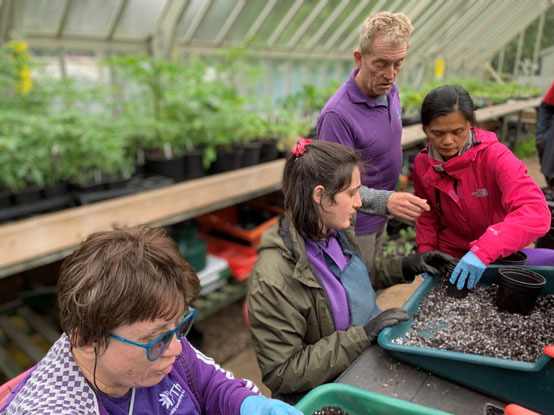Prudence Wade chats to the Body Coach about the mental benefits of exercise – why this is more important than ever right now.
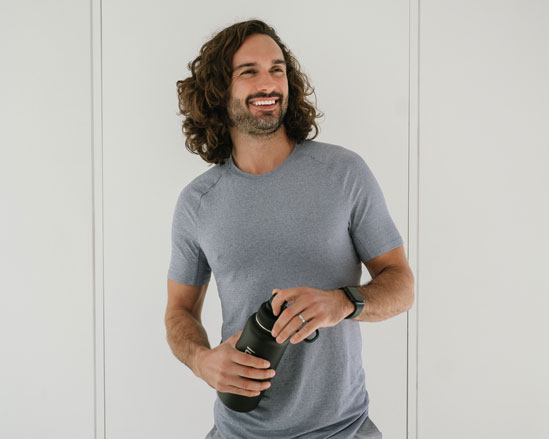
Fitness might be Joe Wicks’ job, but even he’s not always ready and raring to work-out.
“I definitely have days where I feel flat and I feel stressed, or I can’t be bothered today,” admits the father-of-three. However, the difference for Wicks, 37, is that moving his body has become a non-negotiable.
“If I don’t wake up and exercise, I hold that tension and that stress in my body,” he explains. “So I always see exercise as like a stress relief valve, like a pressure cooker. So when I move my body, I know I’m going to feel so much better at the end of it.
“It’s habit and discipline, as opposed to being genuinely lit up with motivation every day. I know how much my life improves – my relationships, my friendships, my kids and everyone around me benefit when I’m keeping active.
“It’s non-negotiable. It’s a priority for me.”
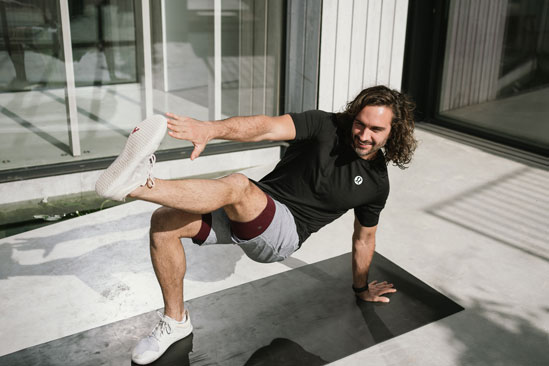
If you’re at the start of your fitness journey or out of the swing of things, making exercise a priority can seem like an uphill battle. Here’s how Wicks suggests going about it…
Don’t do too much, too soon
If your New Year’s resolution is to adopt the training plan of a professional athlete, you could be setting yourself up for failure.
“Ultimately, the first and most important thing is you don’t do too much at once,” Wicks advises. “Don’t try and go to the gym five days a week from zero, or put pressure on yourself to build a certain diet, or a low-calorie restrictive diet.
“I know this is so cliché and it’s easier said than done – it’s just doing things you can actually sustain, that isn’t overwhelming, that isn’t stressful, that is enjoyable.”
Remove the friction
Does life constantly seem to be getting in the way of your exercise goals? You might want to rethink how you’re doing things.
“I’m a big fan of home workouts,” says Wicks. “Remove the friction of getting childcare, or getting to the gym and finding that hour where you commute. Imagine if your living room was your gym, and you had a pair of dumbbells and a kettlebell – you can have a great workout in 25 minutes, and actually get it done.
“You’ve got to make your life easy – set yourself up for success,” Wicks adds.
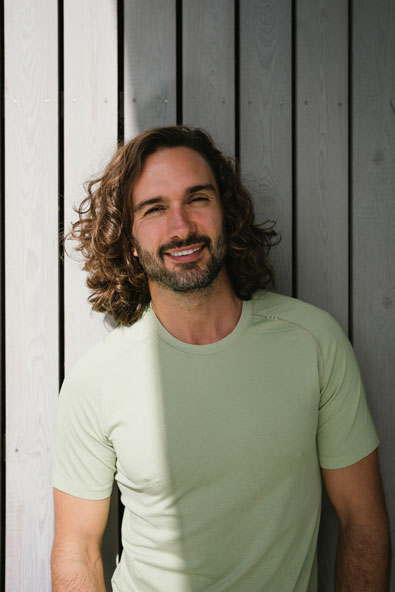
Focus on the mental benefits
Wicks knows exercise is a game-changer for his mental health – and if you start experiencing the same benefits, you might find yourself even more committed to moving your body.
“The Body Coach was originally about HIIT training, about body image and losing weight. Over the years, I’ve really shifted my belief and narrative around it, because I realised that people often start to lose weight – but what keeps them coming back really is the mental health benefits of exercise and how their life improves, their relationships improve.”
And with the cost-of-living crisis making things seem pretty bleak this January, Wicks believes movement is more important than ever.
“Last year, people were thinking about [exercise] a bit – it was optional. This year it’s essential, because life’s overwhelming, life feels really stressful,” he reflects.
“And if you don’t take care of yourself physically and you don’t lift your mood mentally, you’re going to be overwhelmed and things can really get on top of you. So see exercise as an essential part of your happiness and make it a priority.”

Prioritise sleep
Wicks is currently finding this one tricky – his youngest child, Leni, is four months old, and her tired dad says: “She’s doing this sleep regression thing, where she’s awake for like half an hour, every night, all through the night.
“Your eyes are stinging, you wake up really thirsty, you’ve got a headache – it really makes you realise how sleep is everything, it’s the foundation,” he adds. “I’m making not great food choices, I’m not really exercising – so it definitely affects me.”
When Leni isn’t waking him up throughout the night, Wicks calls sleep “the number one priority for me, over anything”. He continues: “Certain things knock you back, and I realised just how important sleep is – if there’s one message I’d like to share with people it’s this year, really prioritise sleep.
“When you’re well slept, everything else can fall into place a lot easier. I really think we’re under slept, we sleep-deprive ourselves. We sit up on our phones, we watch Netflix until 3am – we’re doing it to ourselves. So try to focus on sleep, and eating and exercise will come a lot easier.”
Find your tribe
If you have the time and resources, training with a group of like-minded people might be the extra boost of motivation you need.
“I started as a personal trainer and I used to do boot camps, and I always got much more of a buzz from group fitness,” explains Wicks. “Training with people and as a group, it’s more of an energy and you push a bit harder. You feel like you’re not on your own when you’re struggling and people are cheering you on – it feels nice to be part of a little community.”
That’s why Wicks has set up The Body Coach Studios – a pop-up space for a few days in January where Wicks and trainers from his app will teach in-person classes.
“Rather than it being about a ‘before and after’ transformation on Instagram, imagine meeting someone who’s come back from depression, or who’s come back from an injury… and now they’re this really fit, motivating human being. I think that rubs off on people.”
The Body Coach Studios’ is the first ever fitness studio from Joe Wicks’ The Body Coach app. To find out more and book tickets for January 20-22, head to thebodycoach.com/studios

